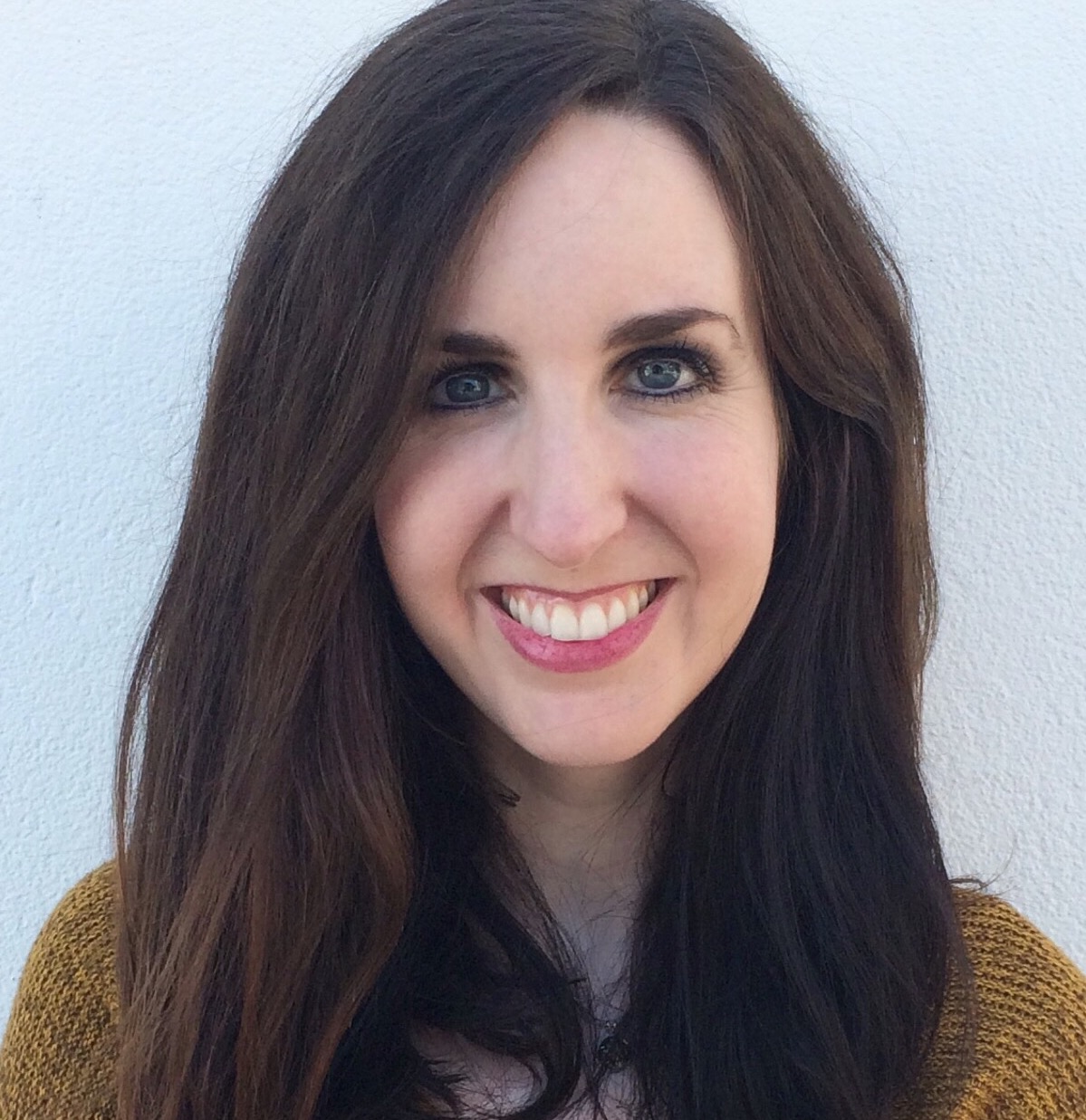- Calls to this hotline are currently being directed to Within Health, Fay or Eating Disorder Solutions
- Representatives are standing by 24/7 to help answer your questions
- All calls are confidential and HIPAA compliant
- There is no obligation or cost to call
- Eating Disorder Hope does not receive any commissions or fees dependent upon which provider you select
- Additional treatment providers are located on our directory or samhsa.gov
Sharing Global Hope for Eating Disorder Recovery

When battling an eating disorder, it is easy to feel hopeless. This is especially true in areas of the world where eating disorders are especially stigmatized, or where there might be limited access to quality resources. Sharing hope for eating disorder recovery on a global scale encourages those struggling around the world to remain motivated and committed to their own recovery journeys.
World Eating Disorders Action Day
One new movement that has been particularly effective at spreading global hope for eating disorder awareness, treatment, and recovery efforts is World Eating Disorders Action Day.
The empowering vision of this movement is to “unite eating disorder activists, professionals, parents/carers and those personally affected to promote worldwide knowledge of eating disorders and the need for comprehensive treatment [1].”
By increasing awareness and supporting the eating disorder community on all of these distinct levels, World Eating Disorders Action Day has brought together hundreds of non-profit organizations, authors, and bloggers from around the world.
In 2016, a PSA was released in conjunction with the first-ever World Eating Disorders Action Day, featuring the cast and crew of To the Bone, including Keanu Reeves and Lily Collins. This PSA, titled “The Nine Truths About Eating Disorders,” increased the eating disorder community’s visibility and created an opportunity for the movement to reach parts of the world where myths and stigma might be most prevalent.
Local and Global Eating Disorder Advocacy Efforts
In order to be a truly united and inclusive eating disorder community, we must work toward awareness and improved access to resources both locally and globally. This in itself spreads hope to those currently struggling.
Eating Disorders Coalition (EDC) and the National Eating Disorders Association (NEDA) are two of the most prominent non-profits focusing on advocacy efforts in the United States today. EDC champions for improved legislation, research funding, and policy change, and NEDA provides high quality resources to the community, including a national helpline, online content for education and awareness, annual walks, and many other community outreach efforts.
 These and other local organizations understand the importance of being a voice for those in regions or countries that might not have as large of a megaphone. Advancements in technology allow for more international communication and collaboration than ever before.
These and other local organizations understand the importance of being a voice for those in regions or countries that might not have as large of a megaphone. Advancements in technology allow for more international communication and collaboration than ever before.
It is vital for nations with large eating disorder support networks, such as the United States, Australia, Canada, and the United Kingdom, to come together and support one another while spreading their messages of hope to regions where there is a strong need for improved awareness and advocacy efforts.
 About the Author: Courtney Howard is the Director of Operations & Business Development at Eating Disorder Hope. She graduated summa cum laude with a B.A. from San Diego State University, holds a paralegal certificate in Family Law, and is a Certified Domestic Violence Advocate.
About the Author: Courtney Howard is the Director of Operations & Business Development at Eating Disorder Hope. She graduated summa cum laude with a B.A. from San Diego State University, holds a paralegal certificate in Family Law, and is a Certified Domestic Violence Advocate.
After obtaining her certification as a life coach, Courtney launched Lionheart Eating Disorder Recovery Coaching in 2015 and continues to be a passionate advocate for awareness and recovery.
References:
[1]: Mission & Vision. (2017, May 22). Retrieved June 09, 2017, from http://www.worldeatingdisordersday.org/about/mission/The opinions and views of our guest contributors are shared to provide a broad perspective of eating disorders. These are not necessarily the views of Eating Disorder Hope, but an effort to offer discussion of various issues by different concerned individuals.
We at Eating Disorder Hope understand that eating disorders result from a combination of environmental and genetic factors. If you or a loved one are suffering from an eating disorder, please know that there is hope for you, and seek immediate professional help.
Published on June 20, 2017.
Reviewed By: Jacquelyn Ekern, MS, LPC on June 20, 2017.
Published on EatingDisorderHope.com

The EatingDisorderHope.com editorial team comprises experienced writers, editors, and medical reviewers specializing in eating disorders, treatment, and mental and behavioral health.

